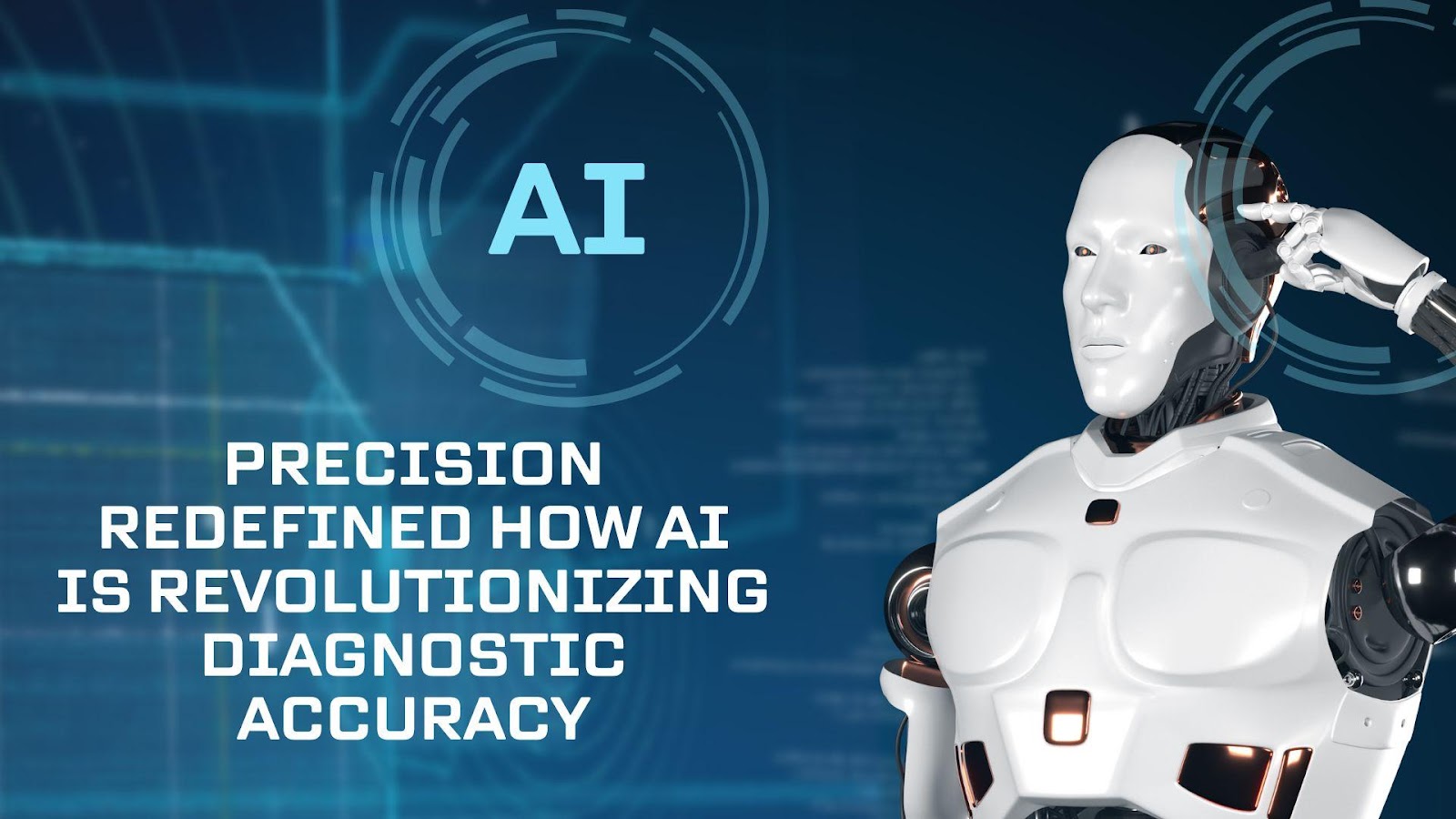AI has altered diagnostic capacities with unprecedented precision, efficiency, adaptability, and scalability across a wide range of applications and medical disciplines. Chandra Sagili, a technology specialist, digs into the pioneering developments that are driving AI’s seamless incorporation into modern healthcare. According to his research, AI is altering the future of medicine by improving diagnostic accuracy and patient outcomes. It also helps optimize workflows and rethinking clinical decision-making. Learn how technology drives innovation and changes how healthcare professionals provide care.
Medical Imaging
AI-powered technologies have transformed medical imaging, improving precision, efficiency, dependability, and accessibility across a wide range of diagnostic modalities. Advanced algorithms now outperform old measurements in terms of accuracy, with sensitivity and specificity rates above 95%, making them indispensable in modern clinical diagnostics. These revolutionary systems have dramatically decreased diagnosis times while efficiently highlighting irregularities that are frequently missed by manual reviews, raising the grade of care offered to patients worldwide. From chest X-rays to brain MRIs, AI-powered systems are enabling faster, more reliable, detailed, and comprehensive examinations, setting new standards for clinical efficiency and diagnostic accuracy globally.
Pathology Reimagined
AI-enabled digital pathology has set new standards for tissue analysis and diagnosis, altering processes, increasing efficiency, and considerably improving patient outcomes. AI solutions, with accuracy rates approaching 96%, are not only speeding up workflows but also lowering inter-observer variability, diagnostic inconsistencies, and error margins. Tumor detection has improved dramatically, eliminating errors, lowering diagnostic delays, and allowing for more prompt and effective treatment planning in complex cases. These improvements are streamlining laboratory operations, enhancing diagnostic reliability, and providing consistent, high-quality results across a wide range of clinical settings, ultimately empowering healthcare practitioners to deliver improved treatment with confidence, precision, and scale.
Unveiling Complexities with Precision
In the quickly developing field of genomics, artificial intelligence (AI) has become a crucial instrument for accurately decoding intricate genetic patterns. Machine learning algorithms can now handle whole-genome sequencing data with incredible speed and precision, lowering analysis time and enhancing diagnostic capabilities. Applications including illness risk prediction, genetic variation discovery, and medication response analysis are changing personalized medicine by increasing patient outcomes and reducing unpleasant reactions. Chandra says that these advancements enable healthcare practitioners to create highly targeted and effective treatment programs, ushering in a new era of precision medicine that tailors care to each patient’s specific needs.
Challenges in AI Integration
Despite its potential, AI integration into healthcare systems faces substantial hurdles, ranging from technological barriers to clinician training and workflow modification. Workflow adaptability, clinician training, and data consistency remain key challenges that necessitate strategic approaches and well-designed solutions. Structured training programs and user-centered designs have proven beneficial in increasing adoption and utilization in a variety of healthcare settings. Robust quality assurance processes are required to preserve reliability, reduce risks associated with algorithmic biases, and ensure smooth integration. Addressing these difficulties comprehensively is crucial for realizing AI’s transformational potential in healthcare diagnostics and operations.
Building a Future of Seamless Diagnostics
Emerging developments such as multi-modal integration, federated learning, and real-time processing are paving the way for next-generation diagnostic systems with better efficiency. These innovations provide increased interoperability, faster processing, and data security, addressing the expanding needs of modern healthcare systems. Real-time analysis driven by edge computing reduces latency, improves dependability, and saves operational costs, allowing for more efficient resource allocation. These advancements ensure that healthcare systems are better prepared to meet rising diagnostic demands, stimulate innovation, and maintain consistent quality in care delivery, hence giving scalable answers to future healthcare concerns.
To summarize, the relevance of AI in diagnostics will grow as healthcare systems evolve, altering how providers tackle complicated diagnostic challenges. By integrating cutting-edge algorithms with fundamental clinical understanding, medical professionals can achieve remarkable precision, efficiency, and improved patient outcomes. Structured deployment tactics, combined with ongoing validation, training, and flexibility, will ensure AI becomes a cornerstone of modern medicine. Chandra Sagili underscores the crucial significance of balancing technical breakthroughs with human oversight to provide better healthcare outcomes and more efficiency and a future marked by transformative change throughout global healthcare systems.





























